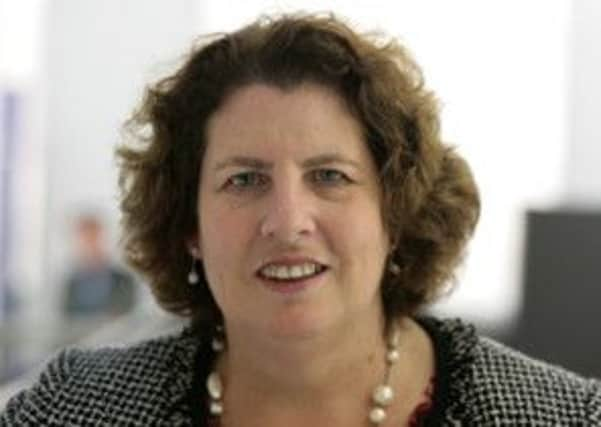Patients losing patience with family doctors


The Royal College of General Practitioners has found that just over one in every 100 patients who fail to get a timely appointment with their family doctor resorts to attending hospital –equating to nearly six million attendances every year.
Using data from the GP Patient Survey of 2012-13, researchers at the Imperial College of London discovered that while the majority of adults said they could get a convenient consultation time, 1.67 per cent opted to take their medical problem to the nearest A&E when they failed to do so.
Advertisement
Hide AdAdvertisement
Hide AdExperts have warned the study, published in the British Journal of General Practice today, was evidence of a deepening “crisis” in care and demonstrates the increasing pressure family doctors are under.
Dr Maureen Baker, chairwoman of the Royal College of GPs, said: “Every patient should be able to see their family doctor when they need to, and GPs want to provide the best possible access and high-quality care for all their patients.
“But this research is further evidence of the crisis in general practice, with family doctors heaving under the strain of rocketing patient demand, due to a growing and ageing population, and plummeting investment.
“More than 90 per cent of patient contacts in the NHS are dealt with in general practice – for only 8.39 per cent of the budget.
Advertisement
Hide AdAdvertisement
Hide Ad“There are now 40 million more consultations a year in general practice than there were even five years ago and GPs are routinely working 11-hour days and seeing up to 60 patients in a day to try to meet the demand.
“Without the vital funding that general practice so desperately needs, the future for patients is looking increasingly bleak.
“General practice is the cornerstone of the NHS, keeping it sustainable and safe for patients. If it can’t cope, there are knock-on effects across the NHS and the ramifications for patients will be disastrous.”
Today’s report sheds further light on the state of primary care, soon after the British Medical Association (BMA) warned that two-week waits for routine appointments with family doctors could soon become commonplace.
Advertisement
Hide AdAdvertisement
Hide AdSpeaking at the union’s annual representative meeting in Harrogate last week, Dr Chaand Nagpaul, chairman of the BMA’s GP committee, said waiting lists are set to soar as GPs are stuck between a mismatch of rising demand and a “shrinking” capacity to provide care.
Emergency doctors argue that GPs should be placed within their departments to curb the annual increase in attendances.
Dr Clifford Mann, president of the College of Emergency Medicine, said: “In our experience, most patients we see have made the right call.
“We recently conducted our own research and found that 15 per cent of patients who attended could be safely redirected to their GP, less than research from Imperial College but still 2.1 million patients every year.
Advertisement
Hide AdAdvertisement
Hide Ad“It is inarguable that a significant number of patients could be seen elsewhere if that capacity existed. In our opinion we see the co-location of GPs with emergency departments as a significant part of the answer.”
Comment: Page 10.